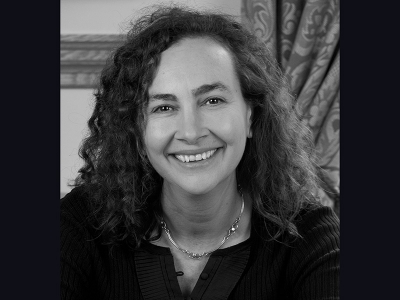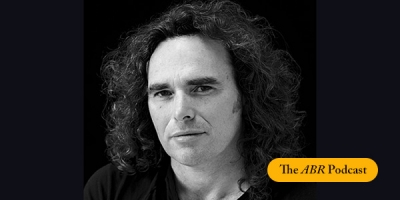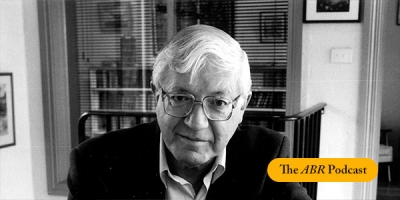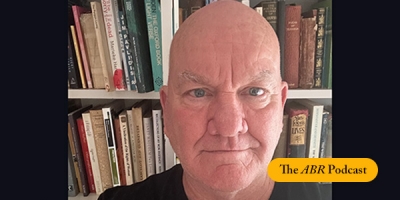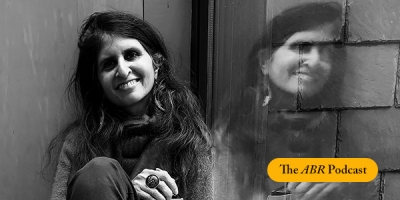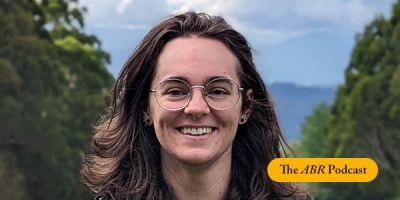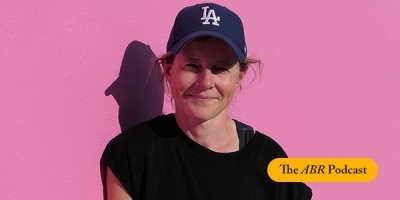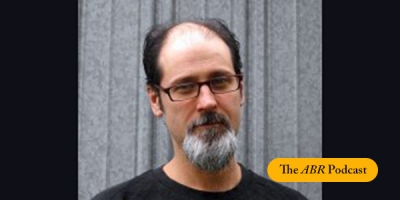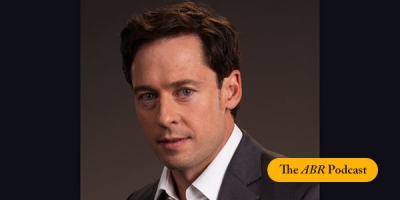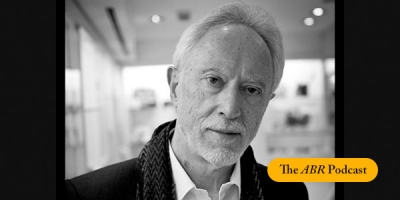The ABR Podcast
In this week’s ABR Podcast, Sarah Ogilvie explores the mystery behind the Oxford English Dictionary’s (1928) Australian lexicon. Ogilvie, a former Director of the Australian National Dictionary Centre, tells us about the Melbourne Dictionary People, a group of nineteenth and early-twentieth century Melburnians who contributed Australianisms for the OED project. Listen to Sarah Ogilvie’s ‘The Melbourne Dictionary People: Active service to the mother tongue’, published in the September issue of ABR.
... (read more)This week on the ABR Podcast, we have Joel Deane with The Great Australian Intemperance, his essay on rising economic and political insecurity as reflected in the My Place movement, conspiracy theories, neo-Nazis, and ‘sovereign citizen’ groups. Joel Deane is a poet, novelist, journalist, and speechwriter. Listen to Deane’s The Great Australian Intemperance, published in the September issue of ABR.
... (read more)This week on the ABR Podcast we celebrate twenty years of the Peter Porter Poetry Prize with readings from six winners. We invited these poets to reflect on the prize and their winning poems. Hear fresh readings from Judith Beveridge, A. Frances Johnson, Damen O’Brien, Sara M. Saleh, Alex Skovron and Judith Bishop. The 2024 Porter Prize, worth a total of $10,000, closes on October 9.
... (read more)In this week’s ABR Podcast, writer and broadcaster Jonathan Green reviews Walter Marsh’s illuminating biography of the young Rupert Murdoch. Green explains that there is every reason ‘to get to the bottom of Rupert Murdoch’ given the media mogul’s far-reaching influence. Listen to Jonathan Green with ‘ONE MAN CONTROL: An enthralling study of the young Rupert Murdoch’, published in the August issue of ABR.
... (read more)This week on the ABR Podcast, we celebrate the 2023 ABR Elizabeth Jolley Short Story Prize shortlist over three episodes. In each episode, one of the three shortlisted authors will read their story. The overall winner of the Jolley Prize will be announced at an online ceremony on August 17. Proceeding in alphabetical order, Episode Three features ‘Our Own Fantastic’ by Uzma Aslam Khan, published in the August issue of ABR.
... (read more)This week on the ABR Podcast, we celebrate the 2023 ABR Elizabeth Jolley Short Story Prize shortlist over three episodes. In each episode, one of the three shortlisted authors will read their story. The overall winner of the Jolley Prize will be announced at an online ceremony on August 17. Proceeding in alphabetical order, Episode Two features ‘The Mannequin’ by Rowan Heath, published in the August issue of ABR.
... (read more)This week on the ABR Podcast, we celebrate the 2023 ABR Elizabeth Jolley Short Story Prize shortlist over three episodes. In each episode, one of the three shortlisted authors will read their story. The overall winner of the Jolley Prize will be announced at an online ceremony on August 17. Proceeding in alphabetical order, Episode One features Winter Bel’s ‘Black Wax’, published in the August issue of ABR.
... (read more)On this week’s ABR podcast, critic and essayist James Ley reflects on J.M. Coetzee’s Life and Times of Michael K, forty years after its publication. Coetzee’s fourth and Booker Prize-winning novel was his landmark work, explains Ley. This was despite it receiving criticism for supposedly eliding the political realities of Apartheid South Africa by being set in ‘the realm of allegory’. Listen to James Ley with ‘An obscure prodigy: J.M. Coetzee’s Life and Times of Michael K at forty’, published in the August issue of ABR.
... (read more)On this week’s ABR Podcast, Kevin Foster reviews Crossing the Line, journalist Nick McKenzie’s account of the defamation trial, Ben Roberts-Smith versus Fairfax. Kevin Foster is Associate Professor at Monash University and the author of numerous articles and books on the Australian media’s treatment of Afghanistan. Listen to him read ‘Nick McKenzie’s bracing reportage’, published in the August issue of ABR.
... (read more)This week, on the ABR podcast, literary critic and editor Geordie Williamson reviews J.M. Coetzee’s new short story collection The Pole and Other Stories. At the age of eighty-three Coetzee has again proved himself a ‘true and loving creator’, argues Williamson, by denying his characters endings or wholeness – ‘the great lie of art’. Listen to Geordie Williamson with ‘Last things: J.M. Coetzee’s antipodal forces’, published in the July issue of ABR.
... (read more)

